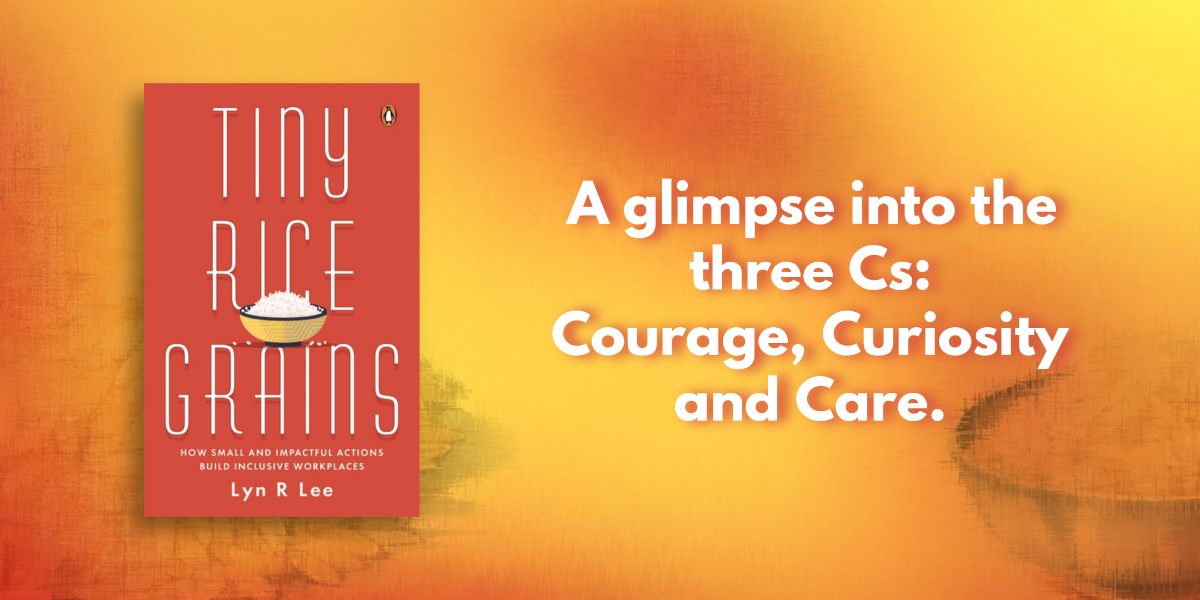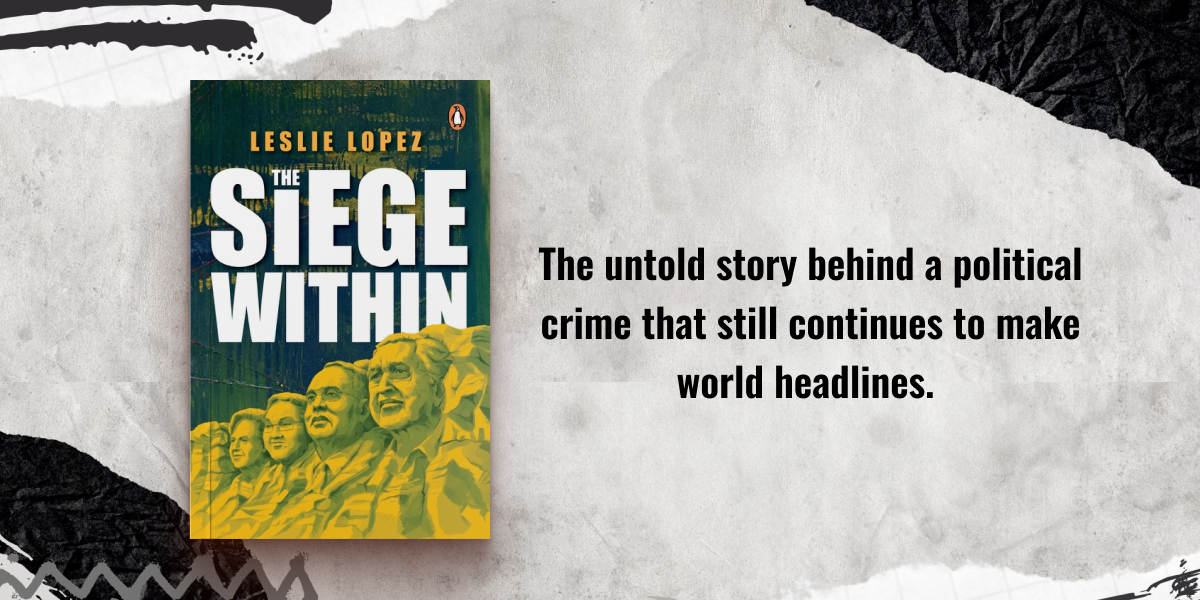
Tiny Rice Grains explores the human side of Diversity, Equity and Inclusion (DEI).
Given the business case that diverse and inclusive organizations thrive and drive better performance, the question begs to be asked: why are so many organizations still struggling to implement and embed DEI in the workplace? The book explores this question and tackles how DEI strategies are often approached. as standalone initiatives rather than being woven into the fabric of the organization. Too many people are still afraid to have brave conversations and confront uncomfortable truths in the realm of DEI.
***
Get Comfortable With Being Uncomfortable
I started playing tennis not too long ago and have since been taking classes to improve my game. Recently, in one such class, I was practicing a new serve that my coach wanted me to try. It felt really uncomfortable and unnatural. When I told him about how it felt, he replied, ‘Yes, and you’ll find that after three or four tries; you’ll slip back into your original form because that’s what feels comfortable.’
When he said that, I paused our session and said, ‘I have to write that down for my book!’ My coach laughed. I don’t think he realized quite how insightful his comment was. Our mental muscles that control our behaviour, behave in much the same way as our physical ones. They tend to return to what is comfortable, unless we consciously practise and form new habits. The three Cs approach is a way to consciously practise and engage our mental muscles, so we do not slip back into our old habits and biases. It’s a way to bring us out of System 1 thinking and activate System 2 thinking.
Start With Care, Lean into Courage, and Show Curiosity
There are many ways in which care can be applied to create inclusion. These range from an organization’s policies to how your leaders support you to care for yourself. Courage is about the action we take to demonstrate inclusion. Curiosity is making the choice to understand from another’s perspective, and also the willingness to pick up new knowledge on an area with which we are unfamiliar.
When we are working to create inclusion, it is easy to slip back into our old patterns of behaviour, but remaining where it’s comfortable and not shifting our mindsets or changing our behaviours isn’t going to lead to the outcome of care that we’re aiming for.
While policies and interventions at an organizational level can help, it is in how the policies are delivered, by leaders and colleagues who care about the impact, that change is really seen and felt. We have to be curious and positively disrupt our normal patterns of thinking and behaviour. We must have courage to take action that may feel uncomfortable but lead to the right outcomes and commit to doing the right thing when it’s hard, not only when it’s easy.
***
The book explores this question and tackles how DEI strategies are often approached. as standalone initiatives rather than being woven into the fabric of the organization. Too many people are still afraid to have brave conversations and confront uncomfortable truths in the realm of DEI.








